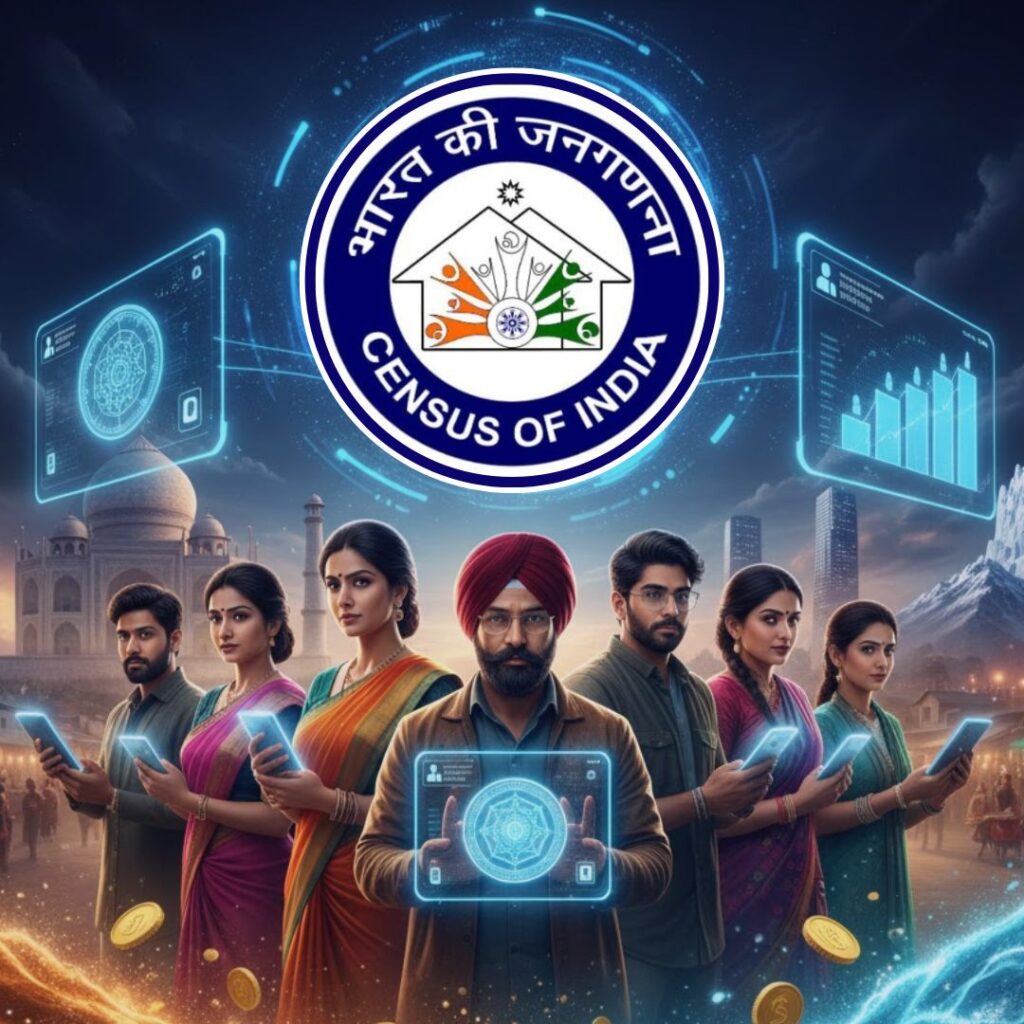The total number of patients infected by the coronavirus or COVID-19 in India now stands at 30 after a man tested positive in Ghaziabad on Thursday. E-commerce portal Paytm informed on Wednesday that one of their Gurugram office employees who had just returned from a vacation in Italy had contracted the virus.
As of Friday, 30 confirmed cases have been registered of which six cases in Agra, one each in Delhi, Telangana, and Gurugram. On Wednesday, samples of 16 of the group of 23 Italian tourists and their Indian driver who had travelled to Rajasthan last month tested positive, Union Health Ministry said. The total cases also include the first three cases reported in Kerala, who have since recovered.
On Wednesday, Kerala’s Health Minister KK Shailaja told ANI that the condition of three students are stable at home and are free to mover around as their isolation period is over.
At present, a total of 469 people have been under surveillance. Of this, 438 people are under home quarantine and 31 in isolation wards. The minister also said that the situation in Kerala has stabilised.
The effective manner in which Kerala tackled COVID-19 earned praise in a talk show featured on BBC News on Wednesday.
‘Kerala is one state that has developed its health infrastructure really well. And it’s not just hospitals, but it’s the primary healthcare centres which are the first level of contact of the population. So at one end, they have done that. At the other end, they have developed the very good capability of diagnosing and tracking these viruses and infections,’ leading virologist Dr Shahid Jameel said.
So, how is Kerala battling the deadly virus?
Early PreparationsWith its experience in fighting the Nipah virus outbreak two years ago, Kerala is setting an example to the world in dealing with the novel coronavirus epidemic. In 2018, 17 out of the 18 affected by Nipah had died in the state. However, taking a lesson from the past, during Nipah’s second outbreak in 2019, not a single death was reported in the state.
The state was battle-ready as soon as the Union Health Ministry issued an alert against the coronavirus on January 17. As students from Kerala accounted for a large section of the medical students in China’s Wuhan, the epicentre of the virus outbreak, the health department officials in Kerala was alert about a possible outbreak in the state.
Moreover, the chances of a higher number of positive cases in the state are high due to its huge population.
‘Kerala’s density of population is high, and people participate in many group functions. Hence, as the virus is airborne, it can spread easily. Also, the comorbidity in the state is high, that is, diseases like hypertension, diabetes, cancer, and heart diseases are more. People with such diseases have higher chances of getting infected,’ Dr B Ekbal, former Vice-chancellor of the University of Kerala, a public health activist, and currently a member of the Kerala State Planning Board told The Logical Indian.
Immediately after WHO declared the severity of the virus, strict vigil began at airports in the state to screen passengers flying in from China. At the four international airports, preliminary screening procedures were set up. If anyone showed symptoms during the screening, they were taken to the nearest medical college in a sterilised ambulance.
Isolation wards were prepared in all districts. In addition, private hospitals were also informed about setting up isolation wards in case of an emergency. To decide on treatment, isolation, and quarantine of suspected patients, a Rapid Response Team (RRT), headed by the Health Minister herself, was set up. State and district level control rooms were also set up, that held daily meetings headed by the Principal Secretary of the State health department. Over 40,000 health official and staff have been mobilised in the state.
#Thread – A glimpse of how #Kerala is fighting against Corona Virus – 1) 24×7 call-centre at state #CoronavirusOutbreak Control & Prevention Cell. Similar 24×7 call-centres across all 14 districts. Teams constitute of trained Junior Health Inspectors, doctors & others. @ndtv pic.twitter.com/GGfY961P3J
â Sneha Koshy (@SnehaMKoshy) February 4, 2020Adequate training was provided to paramedics, drivers, support staff and measures were taken to spread awareness among the public. The awareness drives focused on minimising the spread of fake news and fear among the public. State-run Kerala Medical Services Corporation (KMSCL) was also prepared to ensure the storage and supply of masks, gloves, medicines, safety suits, protective gears, medicines etc. Contact Tracing, Quarantine, And Surveillance After the first case was confirmed, ‘contact tracing’ was promptly initiated to trace all those who had come in contact with the patient. The second and third case was confirmed n February 2 and February 4, respectively. All the patients were interviewed in detail to contact any individual they may have come in contact with. ‘Based on …










